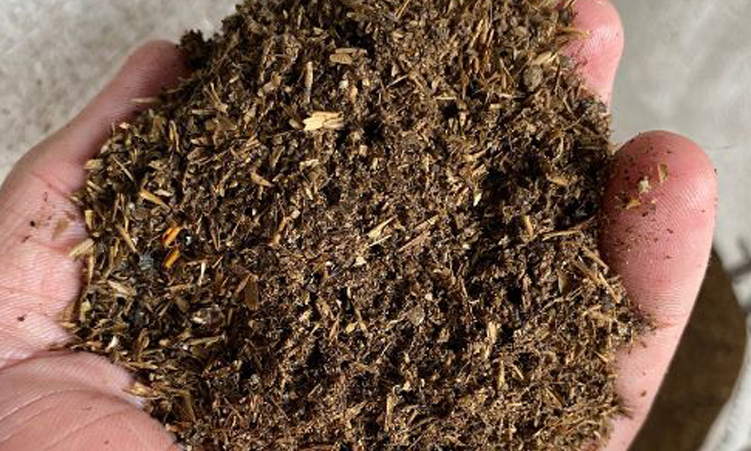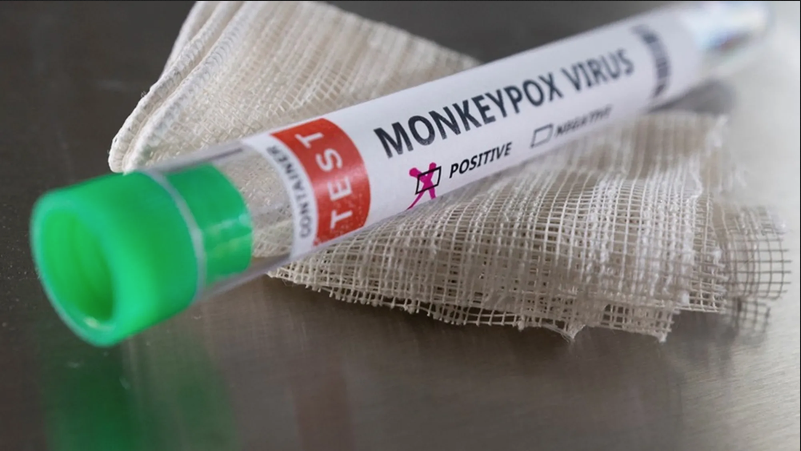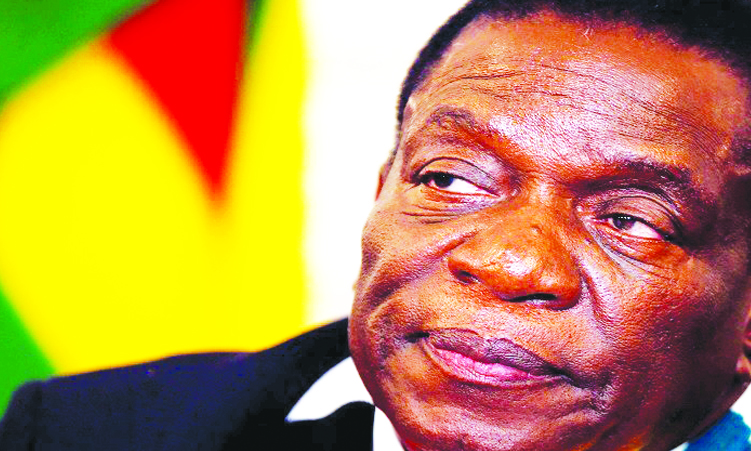A local company is turning food waste into organic manure to contribute to the economy and promote sustainability.
Sven Gruttemeyer, the chief executive and co-founder of Biocycle, has explained this process.
He says the food his company recycles is used to feed black soldier flies.
The flies then lay eggs containing larvae – an essential part of the organic fertiliser-production process.
“Rotting organic matter produces methane, a greenhouse gas that is 28 times more powerful than carbon dioxide.
“This gas that escapes from landfills enters the atmosphere and contributes to climate change,” Gruttemeyer says.
Black soldier flies, found in tropical parts of the world, including northern Namibia, can, however, be used to save the situation.
“The fly carries no diseases that can be transmitted to humans and during the brief adult stage cannot bite. This means they can turn organic waste into livestock feed and organic fertiliser,” he says.
Gruttemeyer says he uses little water and electricity in the process.
“The fly larvae have a voracious appetite and will consume anything from rotting fruit to manure and dead animals – even processed foods like pizza,” he says.
He says only a small number of pupae must be retained to repopulate the adult population.
Gruttemeyer says some of the end product is then used to reproduce premium pet food, chicken, pig, or fish feed.
“The fly itself is not the only useful product, as it converts the organic waste into frass [insect faeces] that promotes plant growth and pest resistance,” he says.
Gruttemeyer obtains his waste from the distribution centres of fresh fruit and vegetable shops.
“Biocycle currently sells the organic fertiliser produced by the larvae to local nurseries and wine farms and has the potential to increase agricultural output by improving soil health without using artificial fertilisers that cause long-term ecological damage,” he says.
He says his business venture contributes to the economy and protects the environment through sustainability.
“These little insects have become an all-in-one solution to multiple environmental and agricultural challenges Namibia struggles with,” he says.
Gruttemeyer invites Namibians to join the fight against food waste.
The United Nations says food waste is responsible for about 7% of global greenhouse gas emissions.
Nearly 30% of the world’s agricultural land is currently occupied to produce food.
Stay informed with The Namibian – your source for credible journalism. Get in-depth reporting and opinions for
only N$85 a month. Invest in journalism, invest in democracy –
Subscribe Now!






